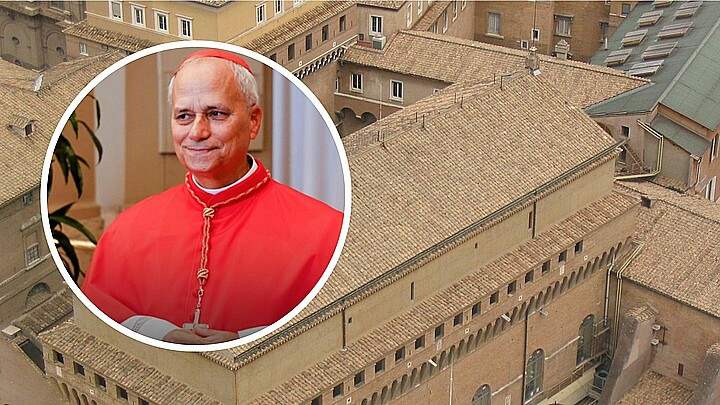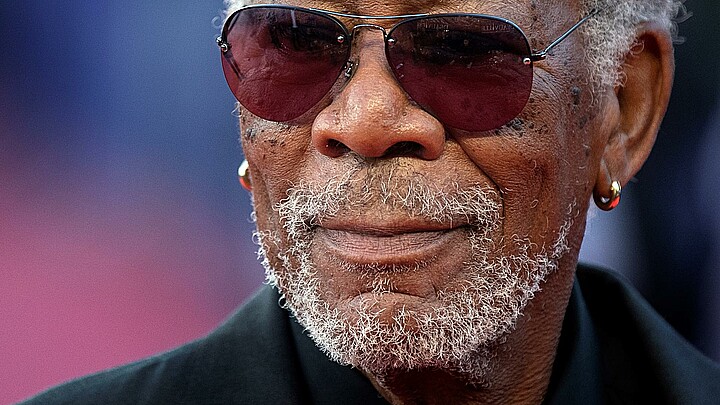Culture
U.S. Supreme Court strikes down affirmative action, says race cannot be factor in school admissions
The Students for Fair Admissions filed lawsuits against University of North Carolina and Harvard and won them both, creating a new precedent for race based admissions

June 29, 2023 1:07pm
Updated: June 29, 2023 1:08pm
The Supreme Court on Thursday issued multiple major decisions, one of which struck down a prior ruling that allowed schools to take race into consideration as a factor when considering admissions.
The ruling coincided with another in favor of a Christian whose beliefs dictated he should not work on Sundays. Both cases were filed by The Students for Fair Admissions dealing with affirmative action against the University of North Carolina and Harvard.
The organization’s lawyers argued that the University of North Carolina violated the Equal Protection Clause of the 14th Amendment by taking race into consideration as part of its college admissions process, making the case that the school no longer needed to achieve diversity.
In its case against Harvard University, the legal organization asserted that the centuries old Ivy League college violated the Civil Rights Act by discriminating against Asian Americans, who are now less likely to be admitted than White, Black or Hispanic students.
Justice Ketanji Brown Jackson, who previously served on a board for the Boston, Massachusetts school, recused herself from hearing or opening on the case.
Since the legal reasoning behind both rulings were similar, the Court’s Chief Justice, John Roberts, authored one majority opinion for both of the affirmative action cases.
“Many universities ... have concluded, wrongly, that the touchstone of an individual’s identity is not challenges bested, skills built, or lessons learned but the color of their skin. Our constitutional history does not tolerate that choice,” the Chief Justice wrote.
Justice Clarence Thomas, the Court’s second Black Supreme Court Justice after Thurgood Marshall, wrote a concurring opinion, arguing that affirmative action “policies fly in the face of our colorblind Constitution and our Nation’s equality ideal.”
Justices Elena Kagan, Sonia Sotomayor and Jackson, the Court's three liberal members all dissented.
While Jackson's name was written on the dissent, the Court noted that she was opining only for the case involving University of North Carolina, not Harvard.
Edward Blum, the founder and president for Students for Fair Admissions made a statement cheering the Court’s decision.
“Ending racial preferences in college admissions is an outcome that the vast majority of all races and ethnicities will celebrate,” he said. “A university doesn’t have real diversity when it simply assembles students who look different but come from similar backgrounds and act, talk, and think alike.”
In a separate matter, the Supreme Court also ruled in favor of religious freedom in a matter filed by former U.S. Postal Service employee Gerald Groff, who would not deliver packages on Sunday because he said it offended his Christian beliefs.
In its decision, the Court tightened a past 1977 ruling, Trans World Airlines v. Hardison, in which it ruled that to disregard religious practices, an employer must demonstrate that accommodating religious needs would create an “undue hardship” on the company.
The new law “requires an employer that denies a religious accommodation to show that the burden of granting an accommodation would result in substantial increased costs in relation to the conduct of its particular business.”










